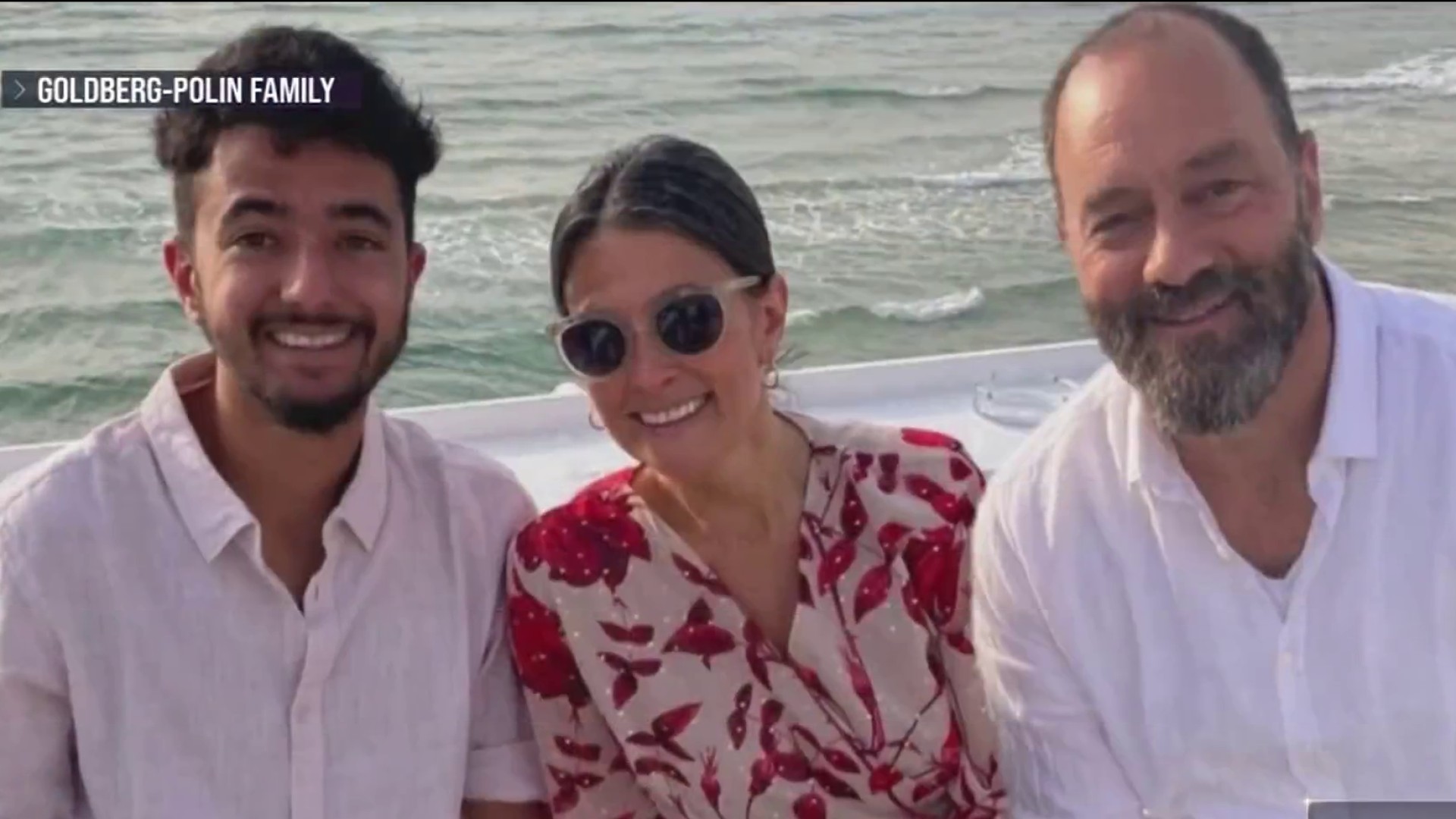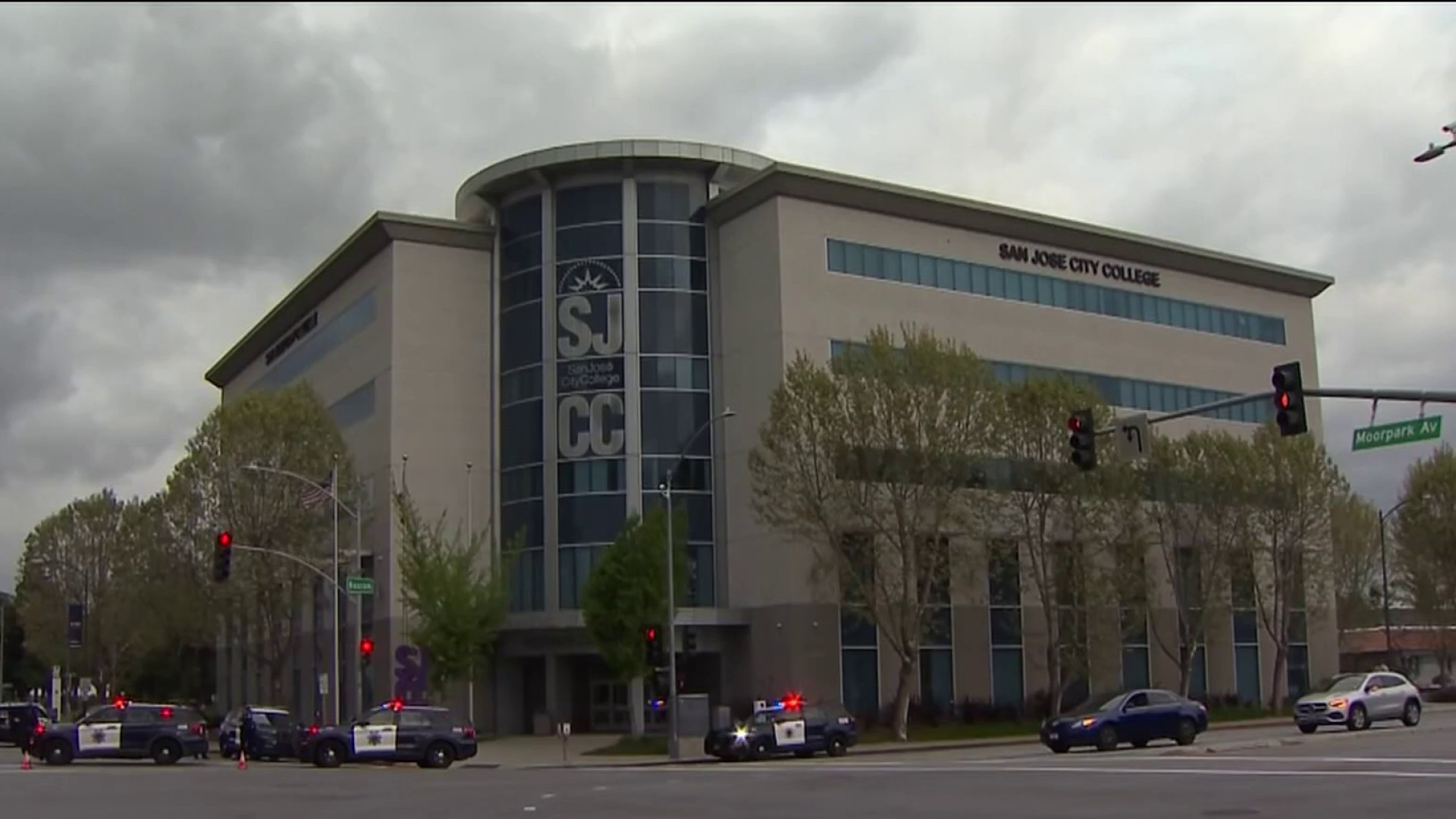A Friday vigil and march in honor of a man shot and killed by an Oakland police officer on June 6 ended quietly after friends and family lit candles at the Lakeshore Avenue off-ramp where he died.
Several hundred people began gathering around 6 p.m. at the corner of Lakeshore and Lake Park avenues, where a group of protesters sat down in the middle of the street, blocking traffic.
The vigil, which was sponsored by the Anti Police-Terror Project and Black Youth Project in partnership with the family and friends of Demouria Hogg, was intended to create a space for community members to cope with the trauma of police shootings, Anti Police-Terror Project member Cat Brooks said.
It was also meant to put pressure on police and city officials to provide the family with an explanation for his death, she said.
"I think that there were a million and one ways for the police to extricate him from the car that didn't have to result in him being killed," Brooks said.
After blocking the intersection for two hours, demonstrators began marching around Lake Merritt before circling back to the same intersection.
Police initially maintained a light presence, with roughly a half dozen officers redirecting traffic onto other streets. As the protest moved around the lake, more officers arrived, though they were not dressed in riot gear, as in previous demonstrations in downtown Oakland.
At one point, officers were directing protesters to stay on one side of the street, but the demonstrators began linking arms and trying to block traffic on both sides of the road as they continued to march.
By the time demonstrators returned to the intersection of Lakeshore and Lake Park avenues, police nearly outnumbered the protesters.
Local
The crowd grew quiet after friends and family lit candles near the location where Hogg was shot.
Roughly 15 minutes later, the officers began to disperse. Once the officers left the area, the crowd also left.
Family and friends described Hogg, who they said grew up in West Oakland, as a devoted father to his three children.
"He was a really positive person," said Olivia Young. "He always tried to guide people in a positive direction to do good. He wanted everyone to do good. That's why we want justice."
He was "goofy, friendly" and "very loving," said Tylena Livingston, the mother of Hogg's 10-year-old daughter. Livingston said she was filled with questions when she learned he had been shot.
"Why can't we get a video?" Livingston said. "(The police) won't show me the video. That's all I want."
Hogg's family, members of the Anti Police-Terror Project and others in the community questioned the police department's account of what led to Hogg's death the morning of June 6, when officers found Hogg sleeping or unconscious in the driver's seat of a BMW on the Lakeshore Avenue off-ramp from Interstate Highway 580.
Police said they tried for roughly an hour to wake Hogg, using a loudspeaker, then beanbag rounds, and finally a large metal pole to break the passenger side window of his car in an attempt to get his attention.
On the last attempt, officers approached the car and when Hogg awoke, a confrontation ensued, which ultimately led to his death, according to police. Police have not said what happened during the confrontation.
The group has launched their own investigation into the shooting, according to Brooks. Brooks said eyewitnesses have already come forward and they will be providing statements to the family.
A lawyer for the officer who shot Hogg, Steven Betz, has said his client acted appropriately because she saw him reaching for a gun in the passenger seat of the car.
The officer, who has only been on the force for 18 months, fired two shots at Hogg because he posed "a lethal threat," and it only would have taken him seconds to pick up the gun and fire at officers, Betz said.
Another officer used a Taser in attempt to subdue Hogg, police said.
Several people at the demonstration questioned why one officer would use a Taser and another would use bullets.
"We all know that people make mistakes," said Yanna Johnson, a friend of the Hogg family. "You're human, too. But you should be accountable for your mistakes."
"It would make you a brave person to stand up and say, 'I'm responsible, and I'm sorry,' so we can all move forward" Johnson said.



